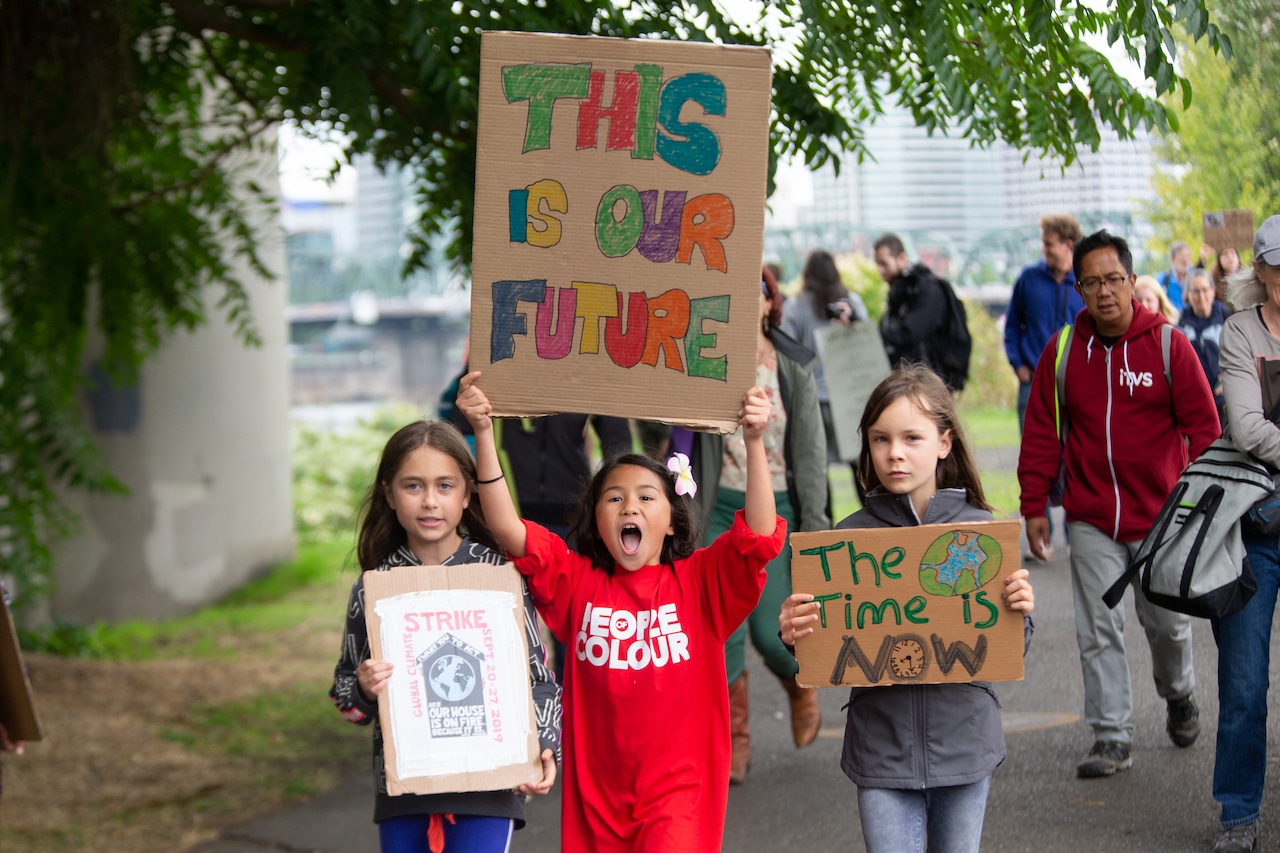Turning Trash into Treasure: How Methane Capture is Revolutionizing Green Energy

As traditional wind and solar subsidies begin to fade, innovative renewable energy solutions are emerging to fill the gap. Landfill methane capture and Renewable Natural Gas (RNG) are proving to be game-changing technologies that offer both environmental benefits and economic advantages.
These cutting-edge approaches transform waste into valuable energy resources, providing a win-win solution for communities and the environment. By capturing methane from landfills and converting it into clean, usable energy, these technologies not only reduce greenhouse gas emissions but also create a sustainable alternative to fossil fuels.
The scalability of landfill methane and RNG projects makes them particularly attractive. Unlike some renewable energy sources that require significant infrastructure investments, these methods can be implemented relatively quickly and cost-effectively. They offer a practical pathway to emissions reduction that doesn't rely on expiring government subsidies.
Municipalities and energy companies are increasingly recognizing the potential of these technologies. By turning waste into a valuable energy resource, they're creating new revenue streams while simultaneously addressing critical environmental challenges. This approach represents a smart, forward-thinking strategy for renewable energy development that goes beyond traditional solar and wind solutions.
As the renewable energy landscape continues to evolve, landfill methane capture and RNG stand out as promising technologies that can drive meaningful progress in our transition to cleaner, more sustainable energy sources.








